|
Stand Strong Coalition is excited to announce that we will once again be offering the very informative and popular event - Not My Kid?! - Let's Keep the Conversation Going.... for the third year in a row.
Gain new insights into hot topics relevant to your teen's exposure to alcohol and marijuana use; including:
Also featured: STAY OUT OF MY ROOM - A mock teen bedroom offering clues to parents about what to look for or notice for drug/alcohol use. Expert Panelists include:
Adlai E. Stevenson High School Catalyst members attended the #CADCAYouth Leadership conference held July 23 through 27 in Atlanta, GA. Catalyst members collaborated, trained, and finally presented their final Youth In Action Plans on their final day to the entire audience. They're excited to share what they learned with fellow students and community members!
Nearly 2,000 substance abuse prevention and treatment specialists from around the world will convene in Atlanta, July 23 – 27 for CADCA’s (Community Anti-Drug Coalitions of America) 16th annual Mid-Year Training Institute. The week-long training, held at the Marriott Marquis, aimed to teach attendees how to address one of our nation’s biggest public health challenges – drug use. "It is evident that there are issues we face in our communities and there has never been a time like the present for youth to rise to leadership roles in their coalitions. CADCA's Youth Leadership Training Courses develop critical thinking skills in youth and equips them with necessary tools to help your coalition achieve community-level change. Our training empowers young people to take youth-led civic action in their communities. Coalitions across the country are sending their youth through the rigors of these courses to help them work together more effectively." ~ CADCA Catalyst Members Youth Leadership Tracks included: The Key Essentials Course equips participants with the foundational tools needed to take the first steps in solving their communities’ problems around drugs, underage drinking, prescription drugs and other social ills using the Strategic Prevention Framework. The Advanced Course is only open to coalitions who have completed the Key Essentials Course and are committed to taking their work a step further. A deeper focus is placed on Leadership, Advocacy and Policy and Intervention Strategies. Teams had to submit products prior to attending the event such as: Coalition Community Assessment (with data), Logic Model (with data), Youth In Action Project. KEY ESSENTIALS OBJECTIVES
ADVANCED OBJECTIVES
We encourage everyone to learn more about these amazing leaders of tomorrow and the Catalyst Club by visiting their page on the Stevenson website! You may also contact the club's sponsors Dr. Cristina Cortesi, Stevenson Substance Abuse Prevention Coordinator or Jamie Epstein, Executive Chair of Stand Strong Coalition.  Prom is here, which for teens, means gowns and/or tuxes, and a night-of photo shoots complete with way too many selfies and Snap Chats. For parents, it could mean a good deal of worry—worry about whether their kids will have fun, whether they'll drive safely, and whether they’ll cave into any potential peer pressure. Please don't underestimate the potential for a prom night car accident. If you're a parent of a teenager, consider this:
Saturday, April 29 the Lincolnshire Police Department, Buffalo Grove Police Department, and Long Grove Fire Department participated in the national DEA Prescription Drug Take-Back Day initiative and it was a huge success. The Lincolnshire Police collection netted 124.5 pounds of unused prescription drugs. Safe Disposal to Reduce Drug Abuse Among Adolescents and Teens Safe disposal of prescription medications, whether on drug take-back day or at a permanent drug disposal drop box prevents these potentially dangerous drugs from falling into the wrong hands and risk being abused. The fact is, many teens mistakenly think medicines in the home medicine cabinet are safer to abuse than illegal drugs. Safely disposing of unwanted and expired medicines using a take-back program keeps these medicines out of the hands of teens. Did You Know?
Bottom line is, from parents, to grandparents, to neighbors, to parents of our kids friends - we have the power to make a significant impact and decrease prescription drug abuse among our youth. Many thanks to everyone that cleaned out their medicine cabinets and properly dispensed of unused or expired prescription drugs. Thank you as well to Dr. Cristina Cortesi, Substance Abuse Coordinator, School Resource Officer Rick Coakley of Adlai E. Stevenson High School , and SSC Executive Director Jamie Epstein for their time and dedication to the safety of our community. (1) Data: University of Illinois - Center for Prevention Research and Development - Illinois Youth Survey (2016) (Lake County, IL) Available online: https://iys.cprd.illinois.edu/results/county
The adolescent and teenage years are a vulnerable time of life as teens attempt to navigate the precarious bridge between childhood and adulthood. And one of the most challenging decisions, for an age group that’s ill-prepared to make difficult choices, is whether to start using alcohol or drugs.
Needless to say, it is important for you, as parents, to understand some of the core issues and influences behind the detrimental behavior of teenage drug and alcohol use. 1. People Around Them. Teenagers see lots of people consuming various substances. They see their parents and other adults drinking alcohol, smoking cigarettes and, sometimes, trying other substances. Unfortunately, a teenager’s social scene often revolves around drinking and smoking marijuana. Sometimes friends urge one another to have a drink or smoke pot, but it’s just as common for teens to start trying a substance because it’s readily available and they see all their peers enjoying it. In their minds, they see drug use as a part of the normal teenage experience. 2. Digital and Print Media. Forty-five percent of teens agree with the statement: “The music that teens listen to makes marijuana seem cool.” And 45 percent of teens agree with the statement “Movies and TV shows make drugs seem like an ok thing to do.” (PATS 2012) All the more reason for parents to be aware of the media that your son or daughter is consuming and talk to them about it. 3. Escape and Self-Medication. When teens are unhappy and can’t find a healthy outlet for their frustration or a trusted confidant, they may turn to harmful substances for comfort. Depending on the substance they choose to try, they may feel blissfully oblivious, wonderfully happy or energized and confident. The often rough teenage years can take an emotional toll on children, sometimes even causing depression, so when teens are given a chance to take something to make them feel better, many can’t resist. For example, some teens abuse prescription medicine to manage stress or regulate their lives. Sometimes they abuse prescription stimulants (used to treat attention deficit hyperactivity disorder) to provide additional energy and the ability to focus when they’re studying or taking tests. Others are abusing prescription pain relievers and tranquilizers to cope with academic, social or emotional stress. 4. Boredom. Teens who can’t tolerate being alone, have trouble keeping themselves occupied or crave excitement are prime candidates for substance use. Not only do alcohol and marijuana give them something to do, but those substances help fill the internal void they feel. Further, they provide a common ground for interacting with like-minded teens, a way to instantly bond with a group of kids. 5. Rebellion. Different rebellious teens choose different substances to use based on their personalities. Alcohol is the drug of choice for the angry teenager because it frees him to behave aggressively. Methamphetamine, or meth, also encourages aggressive, violent behavior, and can be far more dangerous and potent than alcohol. Marijuana, on the other hand, often seems to reduce aggression and is more of an avoidance drug. Some teens abuse prescription medicine to party and get high. LSD and hallucinogens are also escape drugs, often used by young people who feel misunderstood and may long to escape to a more idealistic, kind world. Smoking cigarettes can be a form of rebellion to flaunt their independence and make their parents angry. The reasons for teenage drug-use are as complex as teenagers themselves. 6. Instant Gratification. Drugs and alcohol work quickly. The initial effects feel really good. Teenagers turn to drug use because they see it as a short-term shortcut to happiness. 7. Lack of Confidence. Many shy teenagers who lack confidence report that they’ll do things under the influence of alcohol or drugs that they might not otherwise. This is part of the appeal of drugs and alcohol even for relatively self-confident teens; you have the courage to dance if you’re a bad dancer, or sing at the top of your lungs even if you have a terrible voice, or kiss the girl you’re attracted to. And alcohol and other drugs tend not only to loosen your inhibitions but to alleviate social anxiety. Not only do you have something in common with the other people around you, but there’s the mentality that if you do anything or say anything stupid, everyone will just think you had too many drinks or smoked too much weed. 8. Misinformation. Perhaps the most avoidable cause of substance use is inaccurate information about drugs and alcohol. Nearly every teenager has friends who claim to be experts on various recreational substances, and they’re happy to assure her that the risks are minimal. Educate your teenagers about drug use, so they get the real facts about the dangers of drug use. Source: Top 8 Reasons Why Teens Try Alcohol and Drugs (Copyright © 2017 Partnership for Drug-Free Kids) The information contained on this website should not be used as a substitute for the medical care and advice of your pediatrician. There may be variations in treatment that your pediatrician may recommend based on individual facts and circumstances. Stand Strong Coalition's co-founder, Stevenson parent, and clinical psychologist Dr. Debbie Stern recently interviewed by Daily Herald Staff Writer Marie Wilson.
"Substance abuse is a community-wide problem," Stevenson's Substance Abuse Prevention Coordinator Dr. Cristina Cortesi said. "It really does take a community to create a culture and to change a culture." It is hard to believe spring break 2017 is upon us. If you have adolescents or teens, you've probably had ongoing conversations about how they will spend their break. If you are a parent of a middle or high school student who will be away with friends on spring break or even if they are home alone, there are some things you need to know to keep your child safe and drug-free. As kids try to get permission and money for trips, you'll hear phrases like: "Everybody is going. This is a rite of passage." Or: "I'm almost in college--this is what college kids do." "The drinking age is 18 there." The pressure is on for sure.
This spring break will undoubtedly be a season of "firsts" for teens and pre-teens beginning with their first experience being without an adult for an extended period of time on some days. Other significant "firsts" can include:
These firsts are much more likely to happen under little or no supervision. Taking steps to avoid these dangers is prudent, but more importantly, establishing clear and open lines of communication is key. Scientists found that, while a teen might make good choices when he is alone, adding friends to the mix makes him more likely to take risks for the reward of relationship instead of considering the cost. Even if your teen generally makes great decisions, getting together with hundreds of other spring breakers can make it seem like the rewards of risk-taking outweigh any future consequences. If your goal is for your spring breaker to be safe, here are a few things to consider:
Ultimately, the goal is to keep your child, and those around your child, safe over spring break. We all know that one irresponsible decision or crazy post on social media can change the trajectory of a young person's life. Most of us would probably agree about one thing: It's better to be very clear about the expectations and leave no stone unturned than to wish we had said something. Don't be afraid to be "that parent" who encourages new experiences, knowing that a strong foundation can help them make the most of their opportunities. Supervision, at this age, is less about holding your child’s hand and hovering over their shoulder and more about taking certain precautions, setting clear expectations and arming your child with the knowledge and information to make smart and healthy lifestyle choices. Have fun, stay safe. See you after Spring Break!
COMMUNITY PARENT NETWORK EVENT DR. DAVID WALSH: "Why Do They Act That Way? A Practical Guidefor Parenting Pre-teens and Teenagers" On Wednesday, February 9th at 7:00 p.m. at Adlai E Stevenson High School - WEST Auditorium, award-winning psychologist and best-selling author Dr. David Walsh, will address the community on the topic of adolescence. Adolescence has been described as a “normally abnormal stage of life.” This workshop, based on Dr. Walsh's best selling book, explains what happens to the adolescent brain on the path from childhood into adulthood, going beyond the well-known issues of hormones and peer pressure. Revealing the latest scientific findings in easy-to-understand terms, Dr. Walsh shows why moodiness, quickness to anger, willingness to take risks, miscommunication and other familiar teenage behaviors are so common. Event will be at Adlai E. Stevenson High School - West Auditorium.
Among other issues facing parents of teenagers, Dr. Walsh will talk about the effect of alcohol and drugs on the teenage brain. This is a must attend event for parents and community members. Admission is free, but registration is requested via Eventbrite. Thank you and see you March 9th at 11:00 a.m. for our next general meeting at Village of Lincolnshire!
Join us at January's monthly meeting where Stevenson High School Athletic Director, Trish Betthauser, will speak to members about Stevenson's extra-curricular code of conduct. Mrs. Betthauser will share what she tells all players at the new athlete meetings that are required this year.
In addition, Stand Strong will discuss action plan and budget items for year 3 of our grant! You don't want to miss this informative meeting! Start out the new year by getting involved to help create a healthier community for our teens. WE need your voice!! As always, if you have any questions, please do not hesitate to contact SSC Executive Chair, Jamie Epstein via email.  Create a new tradition! Grab some friends or better yet, make some new friends and get ready to lace up your skates and 'Skate the Ribbon' at Maggie Daley Park - Friday, January 20 from 3:45 to 10:30 p.m. ! $20 includes transportation, rentals, light snacks and... wait for it... a private room eliminating having to wait in line for skate rentals! Seriously. Participants can bring extra money to purchase more food if they would like. Purchase tickets today at the Stevenson High School Patriot Superstore & don't forget to download a permission slip today! Please submit signed permission slips to the Patriot Superstore with $20 payment. For more information, please contact Stand Strong Coalition Chair Jamie Epstein at jepstein@standstrongcoalition.org. Event organized by Stevenson High School Catalyst Club members =). In December 2016, middle school Catalyst group students visited participating retailers accompanied by the Lake County Sheriff's Department, Lincolnshire Police Department, the Buffalo Grove Police Department in Stand Strong Coalition's "Sticker Shock" campaign.
Sticker Shock is a youth-led prevention program designed to support existing and encourages new community activism, cooperative efforts, and community capacity building to combat underage drinking and its related programs — specifically, adults providing alcohol to minors. Project Sticker Shock seeks to reach those persons 21 years of age or older who might illegally purchase alcohol and provide it to minors. “They will place prevention stickers on multi-packs of beer, wine coolers, and other alcohol products that might appeal to underage drinkers,” a Stand Strong Coalition member said. The stickers display a warning message about the penalties for purchasing or providing alcohol to minors. “The project represents a partnership between youth, licensed establishments, concerned parents and community members, prevention professionals, and law enforcement with the goal of educating persons 21 and older of the underage law and raising public awareness about underage drinking,” Jamie Epstein, Stand Strong Coalition Executive Director said.
Please join us in thanking the following business for proudly showing their support to help create a community culture that supports youth who are making positive choices.
Did you miss Harvard Medical Professor Dr. Bertha K. Madras September event? Watch as Dr. Madras shares recent and compelling information about marijuana's affect on our teens health, academics, and future.
EVENT| Marijuana: Is it safe for youth? Speaker: Dr. Bertha Madras, Harvard Medical School8/25/2016
As the new school year quickly approaches, Stand Strong is in full swing and looking forward to another great year. Join us on Thursday, August 18 from 7 - 9:00 p.m. at Village of Lincolnshire City Hall.
Monthly meeting are always open to the community! We look forward to seeing you there! Saturday, April 30th is National Prescription Take Back Program - National Drug Enforcement Administration.
Do you have a medicine cabinet full of unused or expired prescription pills that need to be disposed of? We've got the perfect location for turning in these prescription pills! Drop off prescriptions between 10:00 a.m. to 2:00 p.m. on Saturday, April 30th at: Village of Lincolnshire - Police Department One Olde Half Day Road Lincolnshire Buffalo Grove Police Department 46 Raupp Boulevard Buffalo Grove Thank you for helping us make communities safer for youth. |
Archives
September 2021
Categories
All
|
|
|
thank you for your support!Contact Us:
|
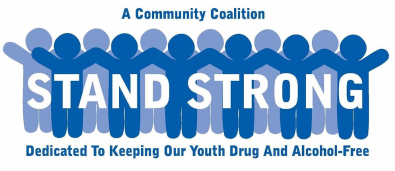

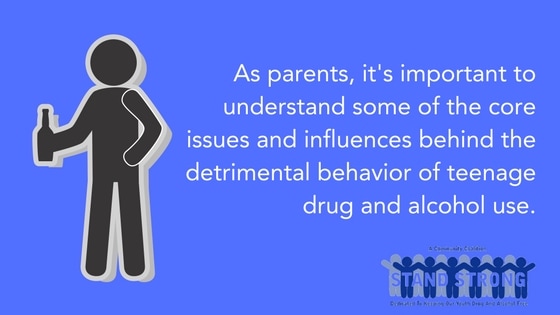
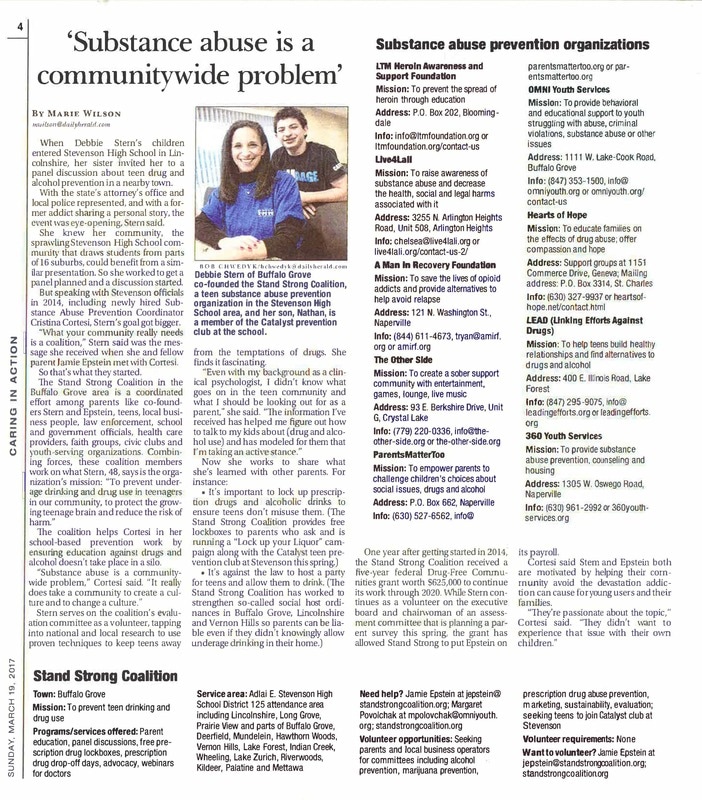
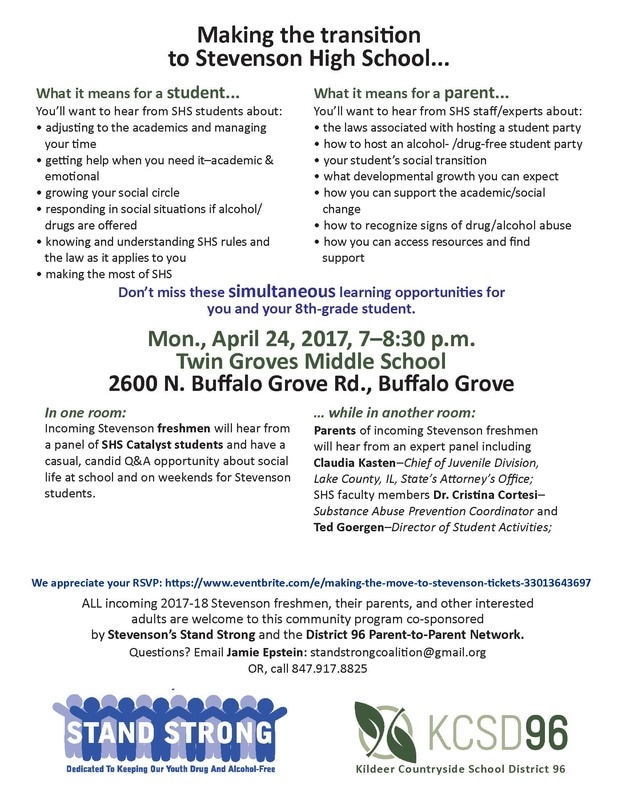
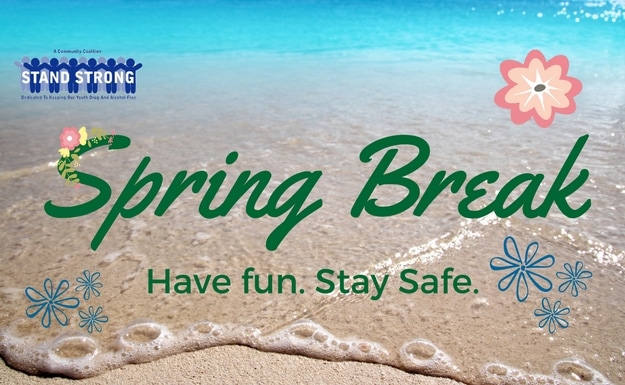
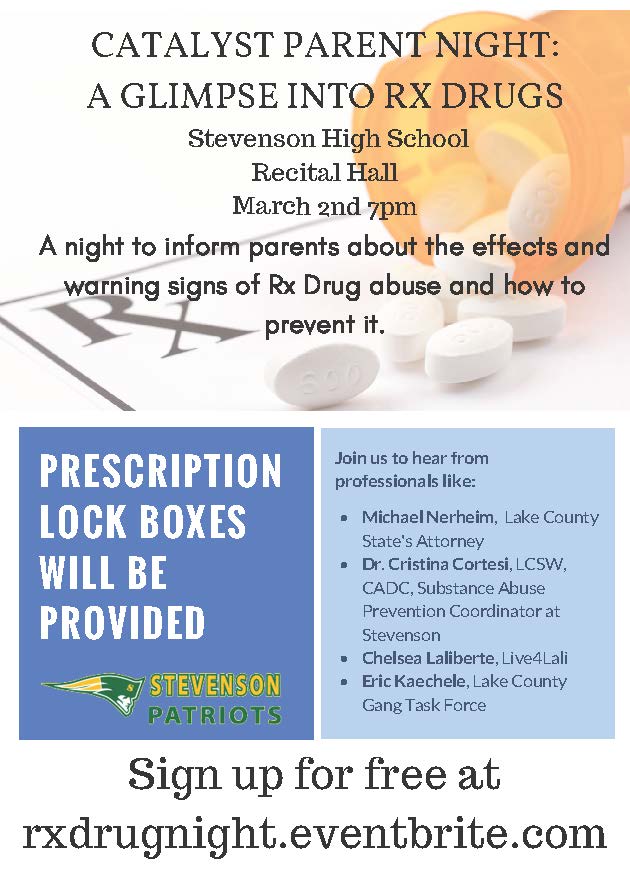
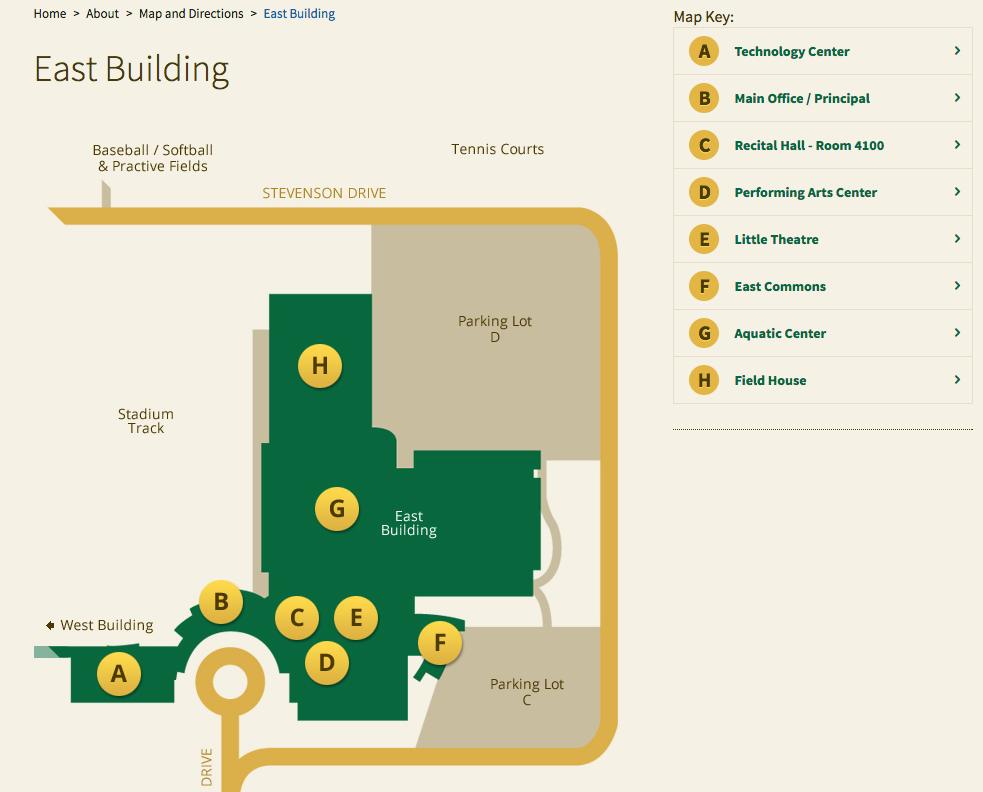
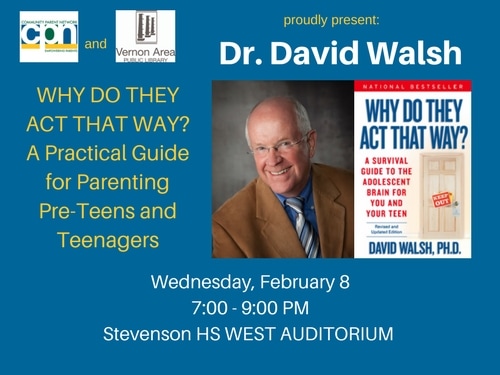
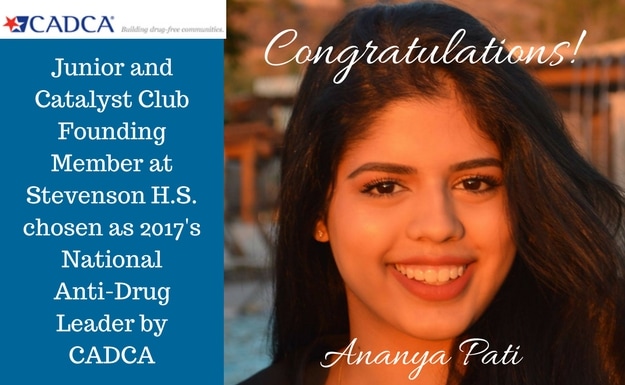
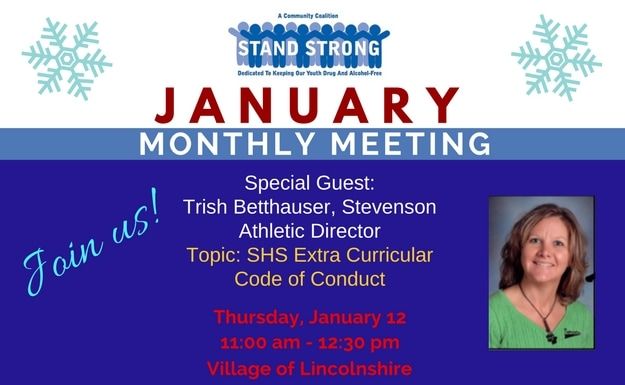

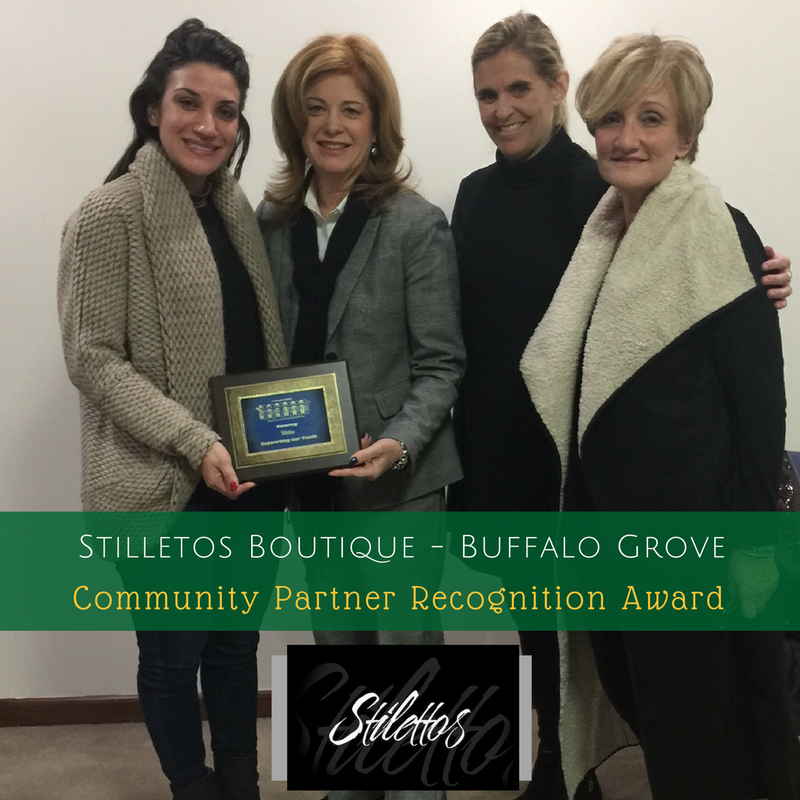
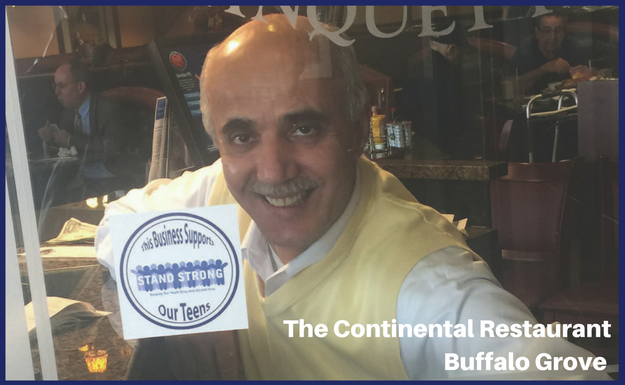
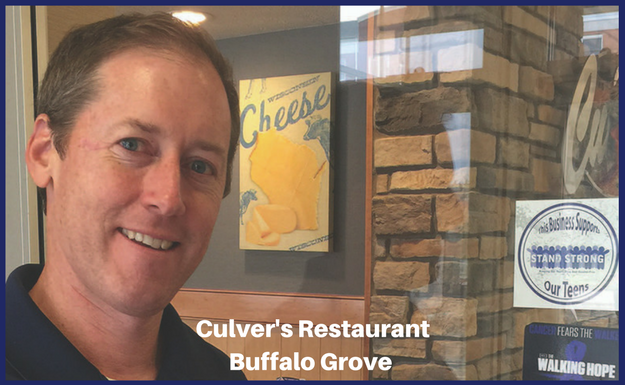
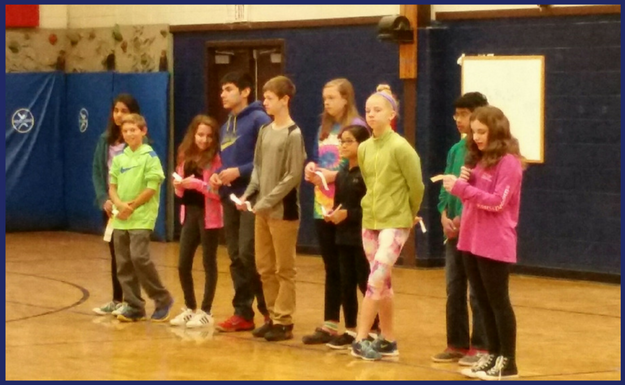
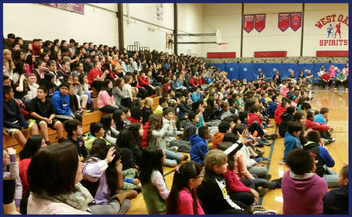
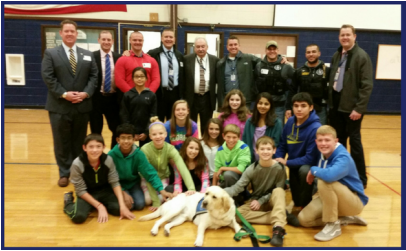
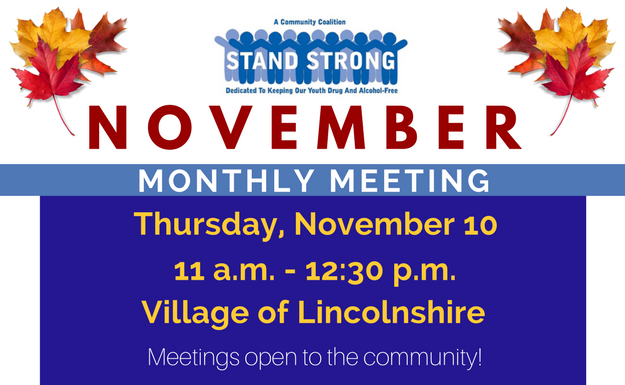
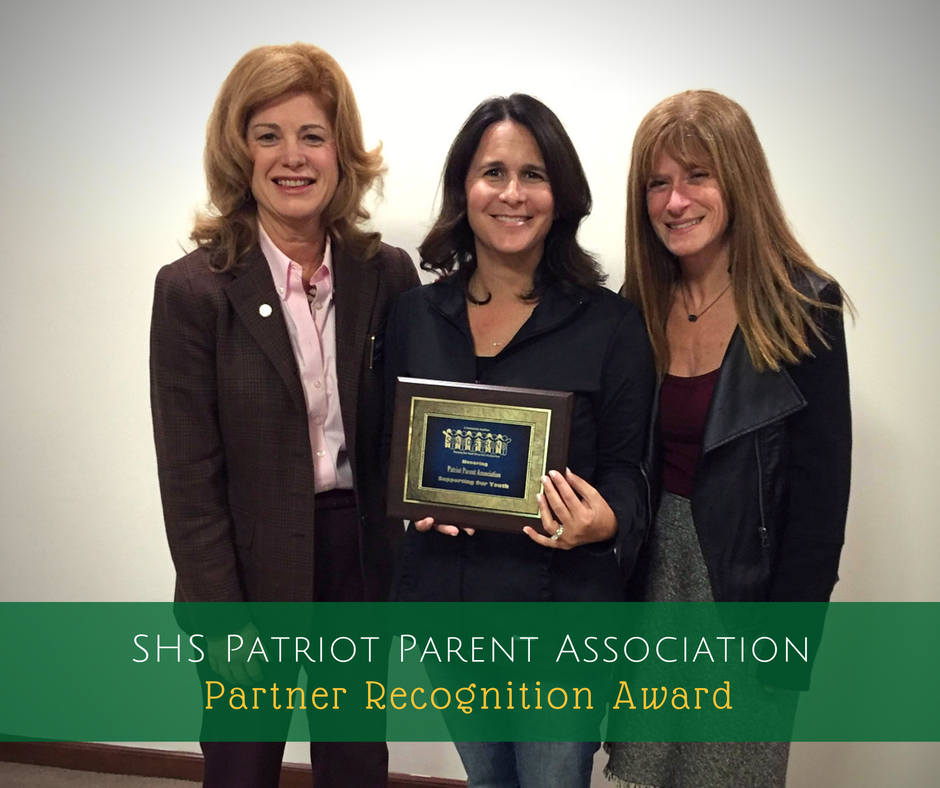
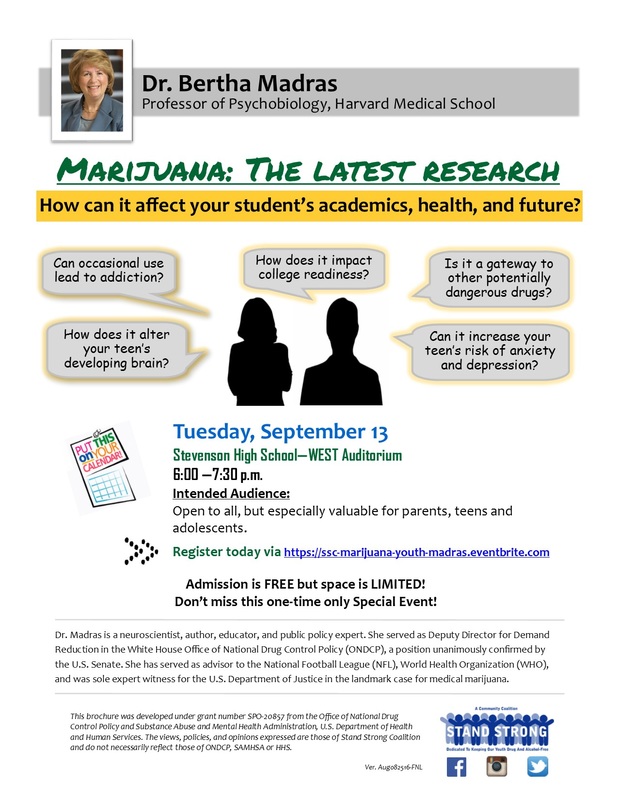
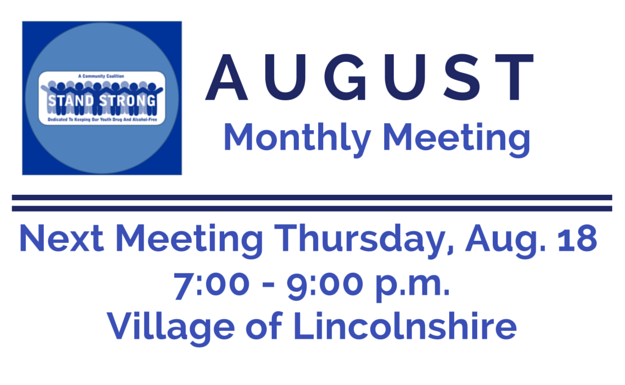
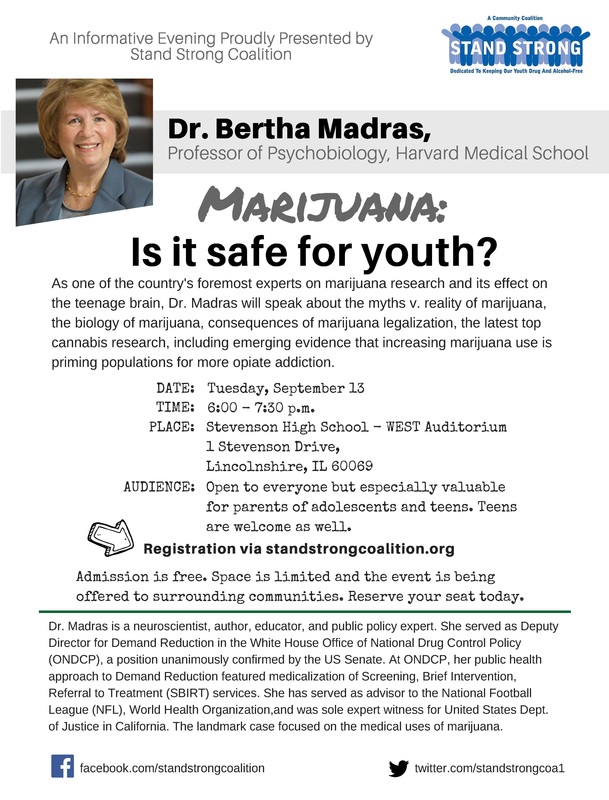
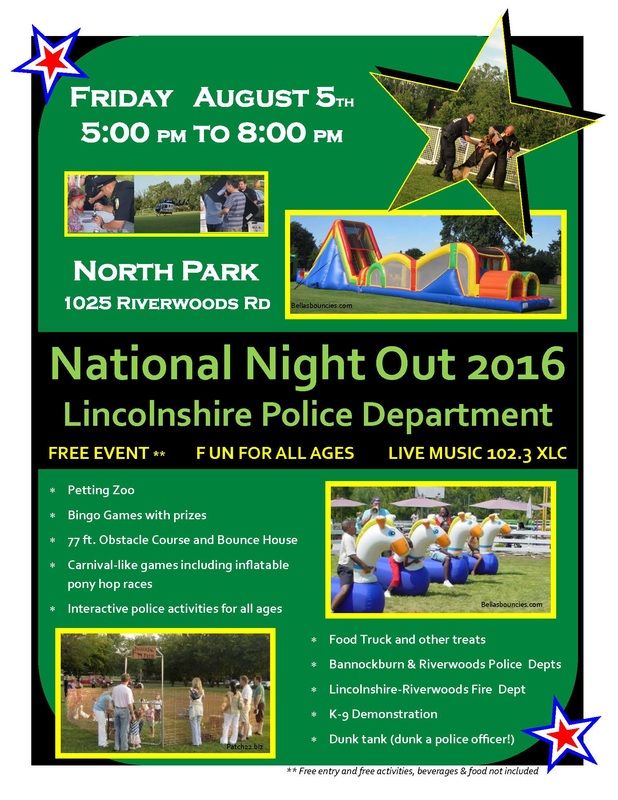
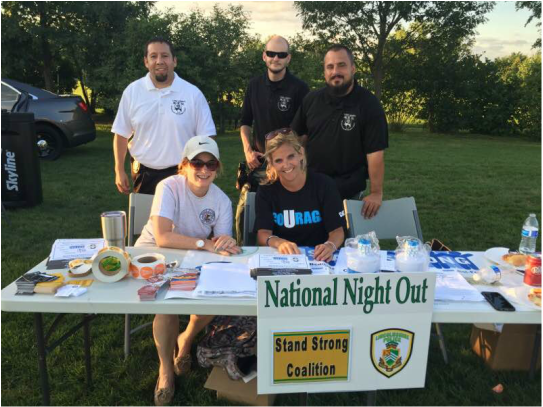
 RSS Feed
RSS Feed